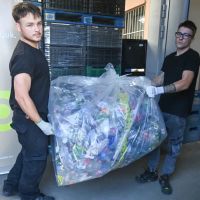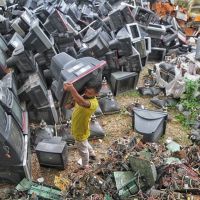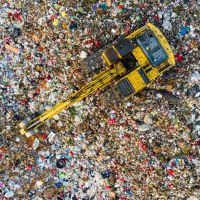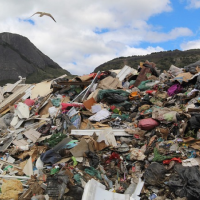Yes, you recycle. But until you start reducing, you're still killing the planet
Ez is érdekelhet
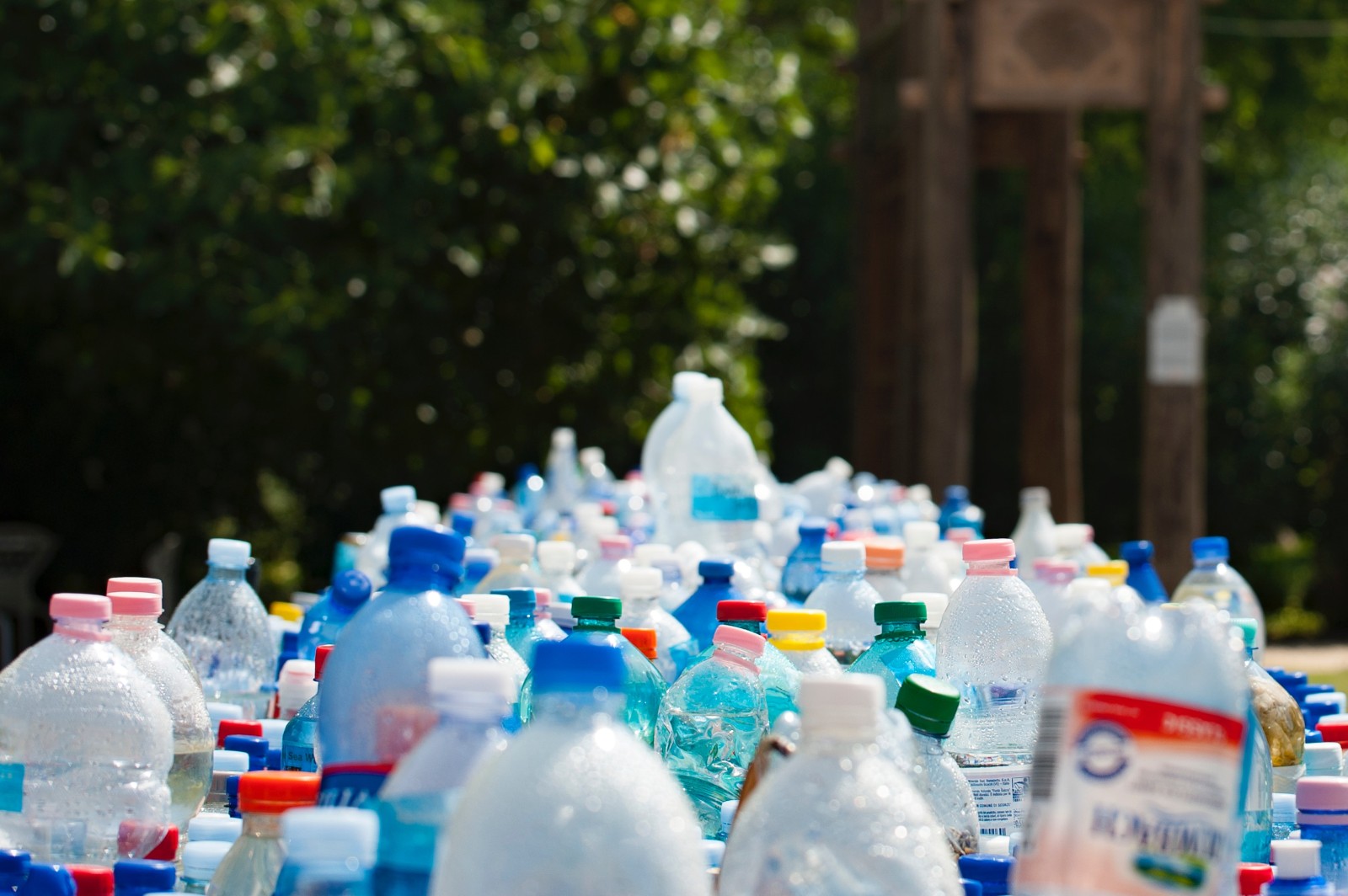
I talk a lot about reduction. Reducing the number of toys you have, the quantity of cleaning supplies you buy, even the amount of meat you eat. My constant focus on reduction over recycling, upcycling or disposing of waste responsibly is a deliberate one. Put simply, recycling isn’t enough.
Recycling is good, and I’m not here to contradict that. When the options are to either toss a plastic bottle into the recycling bin or into the trash can, you’ll see me shaking my pom-poms for the blue bin. But I’m afraid the black-and-white thinking ends there. Recycling is a complicated business, and not always a pleasant one to boot.
First of all, recycling doesn’t wipe the slate clean. It requires an enormous expenditure of energy and resources, including the monitoring of collection sites, the transportation of recyclables, and the recycling manufacturing process itself.
Plastic, my nemesis, is especially problematic in that it can rarely be used for primary reprocessing – the process of breaking down a product and manufacturing it back into that same product. Plastic’s sensitivity to heat and light mean that its long, flexible molecules (the same ones that give it its unique malleability) degrade and break down when exposed to repeated thermal and mechanical processing. In plain terms, plastic has a sort of “heat history”, degrading more and more each time it’s processed. This process is irreversible.
For this reason, plastic is typically used for secondary reprocessing, which takes recovered plastic and uses it to create items which are not typically recyclable themselves: bumper stickers, textiles, and plastic lumber.
These uses are certainly preferable to its not being reused at all, but it’s important to understand that recycling a plastic bottle doesn’t mean closing the loop. That bottle will not embark on some celestial journey, reincarnated a thousand times. Recycling absolutely has a waste footprint, and it’s not an insignificant one.
Furthermore, recycling only works when there’s someone on the other side of the equation, someone who wants to buy the recycled material. And although some organizations operate with earth-friendly practices, many do not.
With falling commodity prices, recycled glass, aluminum, plastic and cardboard are being sold for less and less while the cost to the processor to process these materials stays the same. It’s come to the point where many cities are operating recycling programs at a significant and consistent cash loss – admirable, perhaps, but not sustainable.
So why is there always that undercurrent of resistance when we talk about consuming less? Certainly some of it is simple habit: it’s not yet common practice for many of us to carry a reusable water bottle instead of buying one. We’re more used to buying new rather than sourcing secondhand. We lack the time to take a few extra minutes to placate a crying toddler instead of simply handing them the toy they’re screaming for.
But I have a hunch that, as with recycling, the story is a bit more complicated. Viktor Frankl, in his book Man’s Search for Meaning, wrote the following about what a person goes through when possessed by a feeling he refers to as an existential vacuum: “No instinct tells him what he has to do and no tradition tells him what he ought to do; sometimes he does not even know what he wishes to do. There are various guises under which the existential vacuum appears. Sometimes the frustrated will to meaning is vicariously compensated for by a will to power … the will to money … [or] the will to pleasure.”
With apologies to Frankl, I’d like to add another to the list. I think, faced by this sort of nameless listlessness, many of us fill the void by shopping.
Advertisement
Treat yo self.
Have it your way.
You’re worth it.
Unless we address the underlying reasons we buy so much, we will never truly feel that we have enough. Unless we understand why stuff keeps coming through the door, it matters less and less how we organize it, curate it, or dispose of it when we’re done.
We’re not buying things because we have money to burn – this generation is crushed under its debt. We aren’t doing it because we’ve got space to fill – our houses are packed to overflowing. And finally, we’re certainly not doing it because it makes us happy. Studies repeatedly hammer home one simple truth: it’s the experiences and the people in our lives that bring the most happiness.
Not the stuff. Never the stuff. That’s the real secret.


